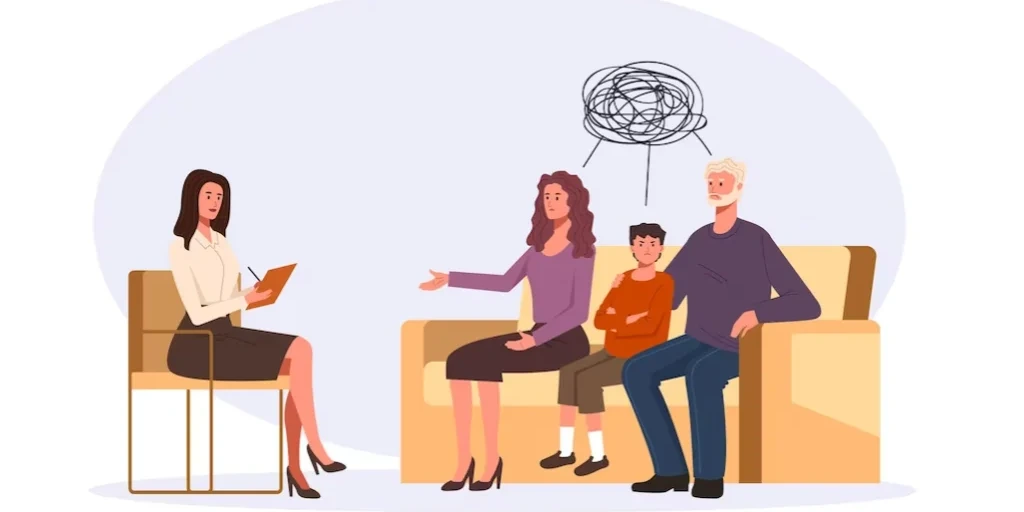24/7 Helpline:
(866) 899-221924/7 Helpline:
(866) 899-2219
Learn more about Benzo Rehab centers in Latonia
Benzo Rehab in Other Cities

Other Insurance Options

American Behavioral

Medical Mutual of Ohio

Optima

WellCare Health Plans

Coventry Health Care

Highmark

Evernorth

Excellus

Holman Group

AllWell

UnitedHealth Group

Sliding scale payment assistance

UMR

Premera

Magellan

MHNNet Behavioral Health

Providence
Beacon

Kaiser Permanente

Aetna

























